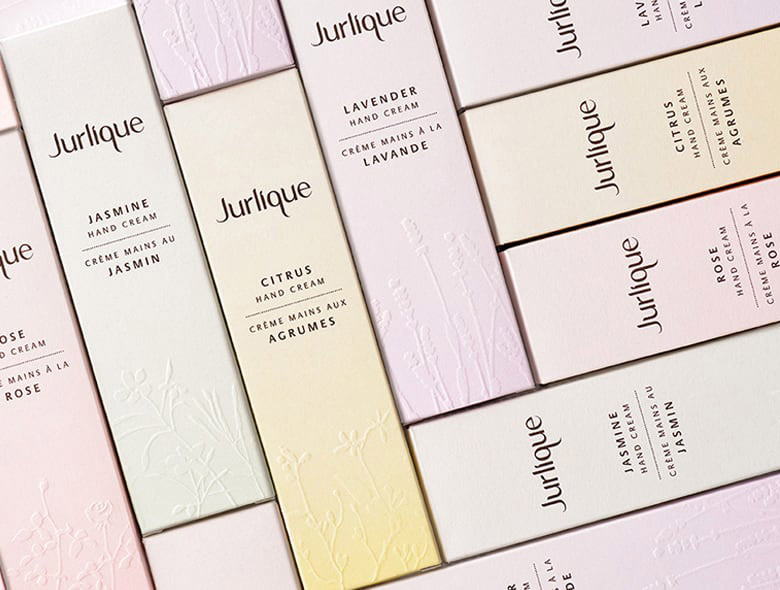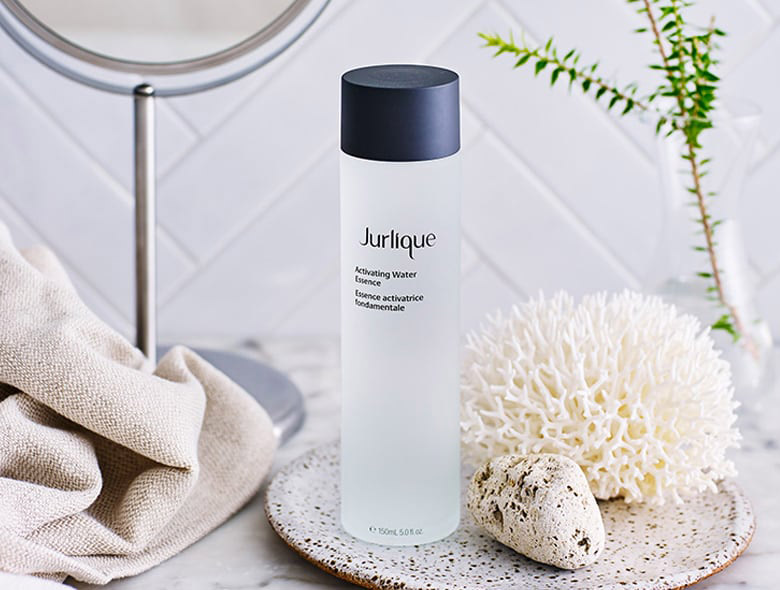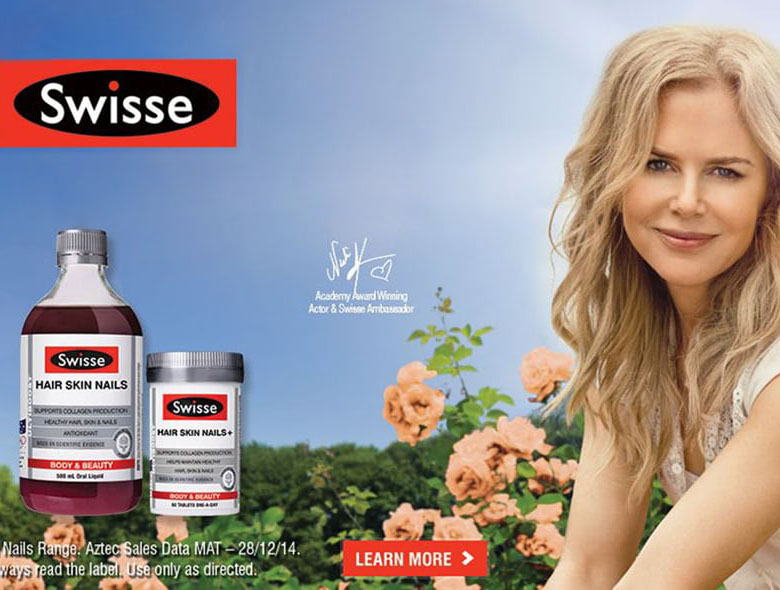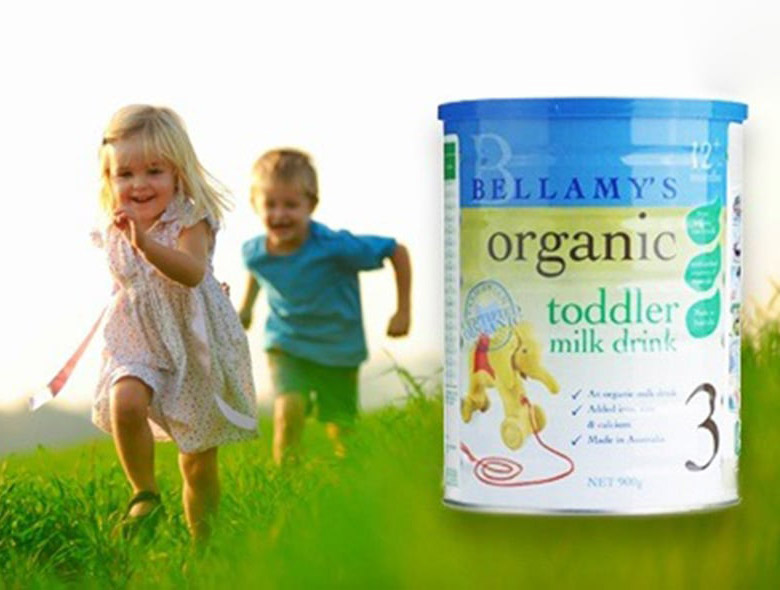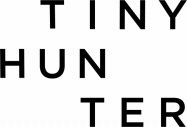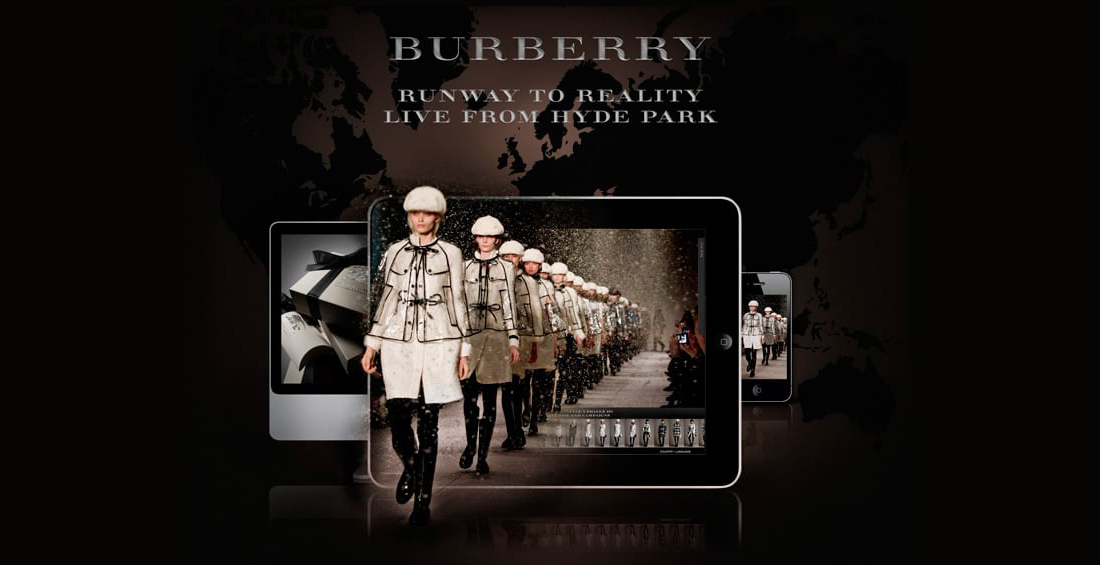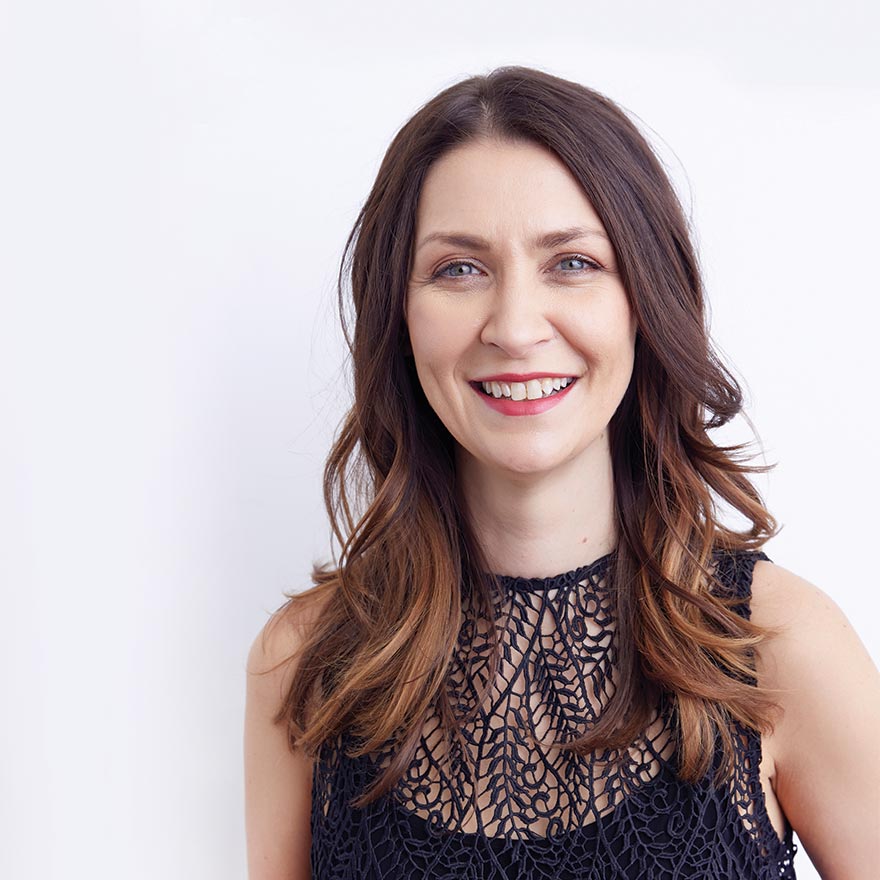The power of brand Australia in the China market
As we are well aware there are huge opportunities for businesses looking to sell to the growing Chinese market. With rising disposable incomes, a booming economy and a growing middle class the Chinese consumer is ready to buy, provided you understand their needs.
Whilst Chinese consumers are price conscious, they are also highly brand conscious. In a culture where social status is important, consumers are willing to pay a premium price for brands that provide that much desired socio-economic status.
Chinese consumers are attracted to foreign brands as they aspire to the Western life and also strongly associate quality with imported products. This is especially true for Australia. Chinese consumers perceive Australia to be clean and green, with high quality, healthy and authentic products.
This gives Australian brands a distinct advantage, especially if they have:
- A strong, established brand in Australia. Any brand entering the China market needs to ensure it has a strong Australian presence both on and offline. Apart from this providing the critical credibility needed, Australia is also home to a growing Chinese community of approx 1,000,000 people. This community provides the opportunity for brand advocates that connect back to the mainland of China.
- A high quality product. Chinese consumers are looking for quality. Organic or biodynamic products are highly coveted.
- A unique brand story.Chinese consumers have had an ongoing distrust of brands and products. They are critical, discerning and distrusting when it comes to purchasing. Chinese consumers are looking to connect with brands of substance. Heritage and longevity adds more depth to your offering.
- A China market strategy. Although an opportunity exists, in order to gain traction in the Chinese market the approach needs to be strategic, holistic and relentless. It’s more than just language, it’s about understanding cultures. It needs to be a long term view.
The most popular categories of Australian products that Chinese consumers are interested in are supplements, food, skincare, cosmetics, maternity and baby products. There is also a growing demand for premium products in fashion and jewellery.
The opportunities for Australian brands are endless and it’s not just the growing Chinese economy and the respect for Brand Australia on our side. With our geographic proximity (3 hour time difference for the east coast and no time difference for the west coast), the introduction of the Australia/China trade agreement (ChAFTA) in December and the EMDG incentive there has never been a better time for Australian brands to expand to the China market.
SOME AUSTRALIAN SUCCESS STORIES
Swisse Vitamins: Swiss has become one of the leading health brands in China and has an 18% market share in Australia. Australian sales are somewhat influenced by Chinese consumers buying locally and sending to the mainland of China in what is known as ‘grey market sales’. Last year Swisse was sold to a Hong Kong firm, Biostime, for $1.7 billion. It is important to note that recent changes to regulations are seeing a crackdown in grey market sales and, like in all markets, brands need to stay on top of regulatory changes to ensure long term success.
Bellamy’s: There is a huge demand for clean, organic Australian infant formula in China, especially after the death of 6 babies in 2008 due to contaminated milk used in Chinese formula. This drove the market for foreign formula and Tasmanian baby food and formula company Bellamy’s is positioned as a ‘super premium’ brand in that market and counts China as a key growth region.
Jurlique: Jurlique was founded in South Australia in 1985 and sold to Kerry Packer for $25 million in 2002, in 2011 it was sold by James packer for $335 million to a Japanese skincare group. With it’s biodynamic farming practices, and a focus on using natural products whenever possible, Jurlique long had a cult following in China before becoming more readily available through mainstream locations including many of their own stores.
